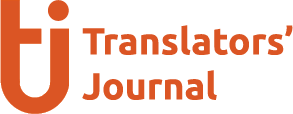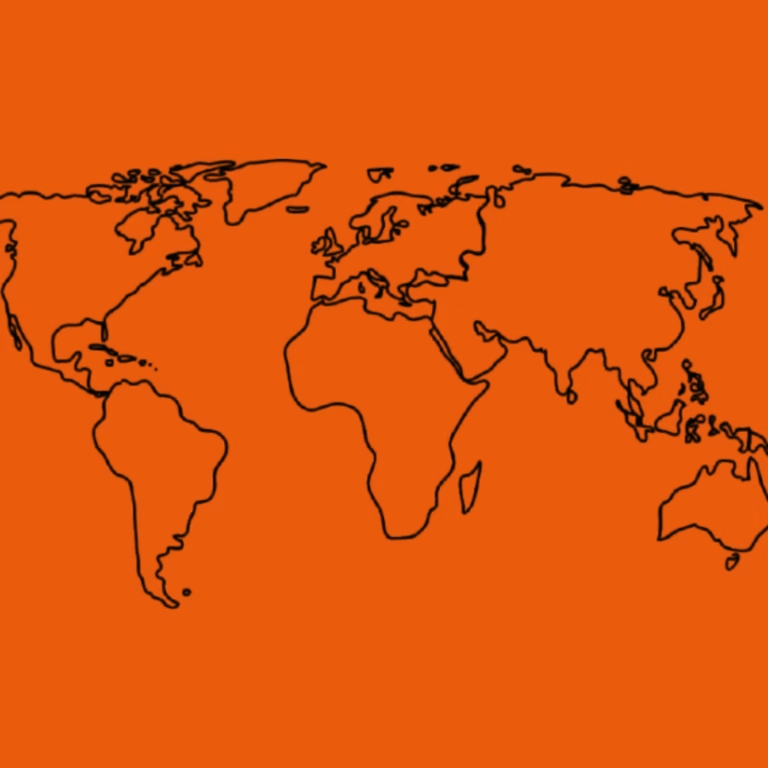What does it take to become a professional translator?
Do you need a formal degree in translation? Do you need a bachelor degree or a master degree? What about experiences? I’ve been translating professionally for more than a decade now, and I’m always curious about how others entered this field.
Some stumble into it, others plan meticulously. For many, it’s a mix of education, experience, and sheer passion for language. In this article, we’ll explore the educational requirements and the paths to becoming a professional translator.
ISO 17100 Framework: Required Degrees and Experience for Translators
A translation degree is not strictly necessary, but experience is always crucial. The ISO 17100 standard emphasizes that both formal education and practical experience are valuable for establishing credibility as a translator. According to the framework, there are three main ways to qualify:
- Your Language Degree: If you have a formal degree in language studies that proves you have strong linguistic skills and theoretical grounding to carry out translation.
- Non-Language Degree + 2 Years Experience: If your degree isn’t specifically in a language field, a minimum of two years of hands-on translation work can prove your competency and practical skills.
- No Degree + 5+ Years Experience: If you have no formal degree, but you have five years of translation experience, that is considered sufficient evidence of your expertise and professionalism.
My Journey to Becoming a Translator
I didn’t plan to become a professional translator. Initially, I saw translation only as a literary pursuit. During my undergraduate studies in English language and literature, I often helped friends with unpaid writing projects.
Literary translation was the only type of translation that I was aware of. For me, translation seems to be a grand literary mission. It’s a mission to bring the classics of a language to another. For me Gregory Rabassa was an epitome of a literary translator.
I was an article writer at oDesk (now Upwork) before I switched solely to translation. Here is one of the early articles I wrote that you can still find online. My career took shape after two pivotal experiences:
- Documentary Work: Translating subtitles, transcriptions, and voice-over scripts for a friend’s NGO project.
- Translation Studies Course: Learning that being a skilled writer in the target language is essential for high-quality translation.
I realized that translating is essentially writing afresh, conveying the source text’s meaning as the original author would. With this perspective, I shifted focus to professional translation, going full-time in 2017 and later working with Translators without Borders.
[I] write the book as the author him- or herself would have written it if they’d spoken English.
Gregory Rabassa
Do You Need a Translation Degree?
A degree can help, but practical skills, experience, and strong writing often matter more than formal credentials.
I did not have a formal translation degree but had a language and literature background. While a master’s in translation would have been ideal, factors like limited local programs, unavailable language pairs, and high costs made it impractical. Moreover, not having a translation degree did not block my career. But if you may find it very different based on your language pair or your location.
What Makes a Professional Translator?
Professional translators are language experts who help people understand each other by converting written text from one language to another.
- Language Proficiency: They have near-native fluency in both source and target languages.
- Cultural Sensitivity: They can adapt translations to avoid misunderstandings.
- Subject Expertise: They know about the topic or subject areas they are translating.
- Excellent Writing Skills: They can craft their writing accurately and according to the target audience.
- Research Skills: They know how to verify terminology and facts for accuracy.
- CAT Tool Proficiency: They often use CAT tools for efficiency and consistency.
- Professionalism and Ethics: They are committed to keep confidentiality and deadlines of their projects.
Career Paths of Professional Translators:
- Freelance Translators are professional translator who manage clients directly or through Language Service Providers (LSPs). If you usually work on a per-project basis and juggle multiple clients, you are a freelance translator.
- In-House Translators are employed by agencies, corporations, or government organizations. They have steady workloads, fixed salaries, and often they specialize in the company’s niche.
- Solopreneur Translators operate independently as their own business. They have their own audience, products and translation services.
Understanding Translation Degrees
A translation degree provides theoretical knowledge, practical skills, and cultural awareness. Usually these degrees are offered at bachelor’s and master’s levels. They cover:
- Translation theory and methodology
- Hands-on practice in multiple domains
- Language and writing skills
- Intercultural competence
- CAT tool proficiency
- Ethics and professional standards
Types of degrees:
- Bachelor’s in Translation: A bachelor’s degree in translation (typically a 3-4 year program) provides a broad foundation in translation theory, methodology, language proficiency, and cultural studies. Students develop practical translation skills across various domains and learn about the social, cultural, and political factors that influence translation.
- Master’s in Translation: A master’s degree in translation (typically a 1-2 year program) builds upon the foundation laid by a bachelor’s degree, delving deeper into advanced translation theories, specialized translation skills (e.g., literary, technical, legal), research methodologies, and professional development. Master’s programs often allow students to specialize in a particular area of translation.
- Diplomas and Certificates in Translation: These qualifications focus on specific translation skills or areas of expertise. They may be offered by universities, professional associations (like the ATA), or specialized training centers. Diplomas and certificates can be valuable for individuals seeking to enhance their existing translation skills or specialize in a particular domain.
- Non-Translation Degrees as Equivalents: Sometimes a bachelor’s or master’s degree in a related field, such as linguistics, modern languages, or a specific subject area (e.g., law, medicine, engineering), can be considered equivalent to a translation degree, particularly when combined with relevant translation experience or certifications. This is because these degrees provide a strong foundation in language, culture, and critical thinking, which are essential for translation. experience can suffice.
Regional and Language Considerations
Europe: The European translation market, particularly for major language combinations, is often highly competitive. Formal qualifications, including Master’s degrees in Translation or related fields, are frequently preferred, and sometimes even required, for securing positions with agencies, institutions, or large multinational companies. This reflects a strong emphasis on professionalization and standardization within the European translation industry.
North America: While degrees are valued in North America, particularly for specialized fields like legal or medical translation, practical experience and certifications (like the ATA certification) can also carry significant weight. The market may be slightly more open to self-taught translators with demonstrable expertise.
Asia: The demand for translation services in Asia is rapidly growing, driven by globalization and economic expansion. While formal qualifications are increasingly valued, particularly in countries like Japan or South Korea, the market may also offer opportunities for translators with strong language skills and subject-matter expertise, even without a formal degree. Cultural factors and specific industry needs often play a substantial role.
Other Regions: In developing countries or regions with emerging language industries, the emphasis on formal degrees might be less pronounced due to limited access to higher education or a greater need for translators in less common language pairs. However, as these markets mature, the trend toward formal qualifications is likely to increase.
Alternative Educational Pathways
- Online Courses: Platforms like Coursera, Udemy, FutureLearn, Localization Academy or TranslaStars offer structured lessons in translation techniques, CAT tools, and linguistics, often taught by experienced professionals.
- Certifications: Credentials like the ATA certification or other regional equivalents validate your professional competence and commitment to quality.
- Self-Directed Learning: Translators can grow continuously through podcasts, online forums, and industry publications.
Are You Looking for Jobs in the Language Industry?
If you are looking for in-house jobs, you should check out Weekly Job Window.
Every week, we handpick in-house jobs for translators, interpreters, linguists, writers, editors, and localization professionals so you can stay updated without searching hundreds of listings spread across the internet.
You can access the latest jobs of the current week here. Feel free to bookmark it as well.
To get the full list every week to your inbox, subscribe.



